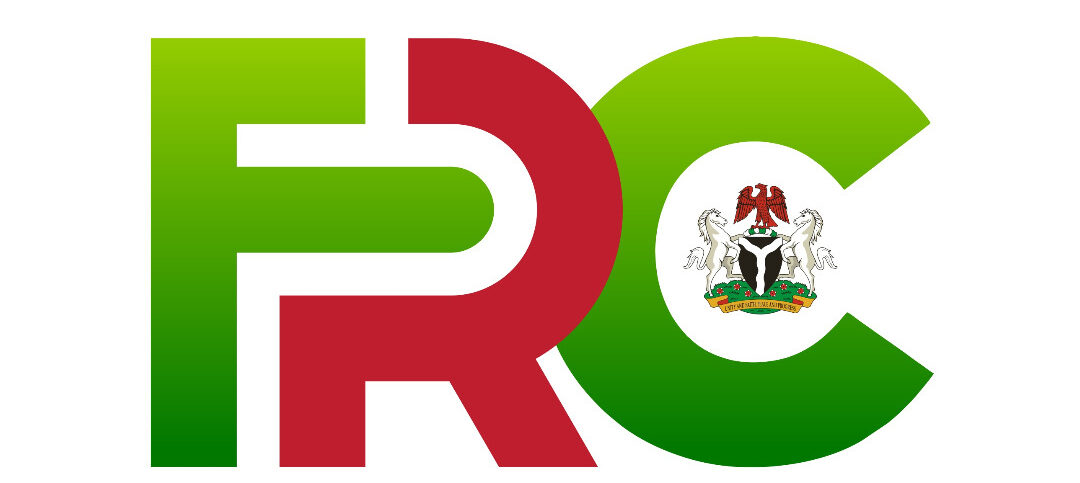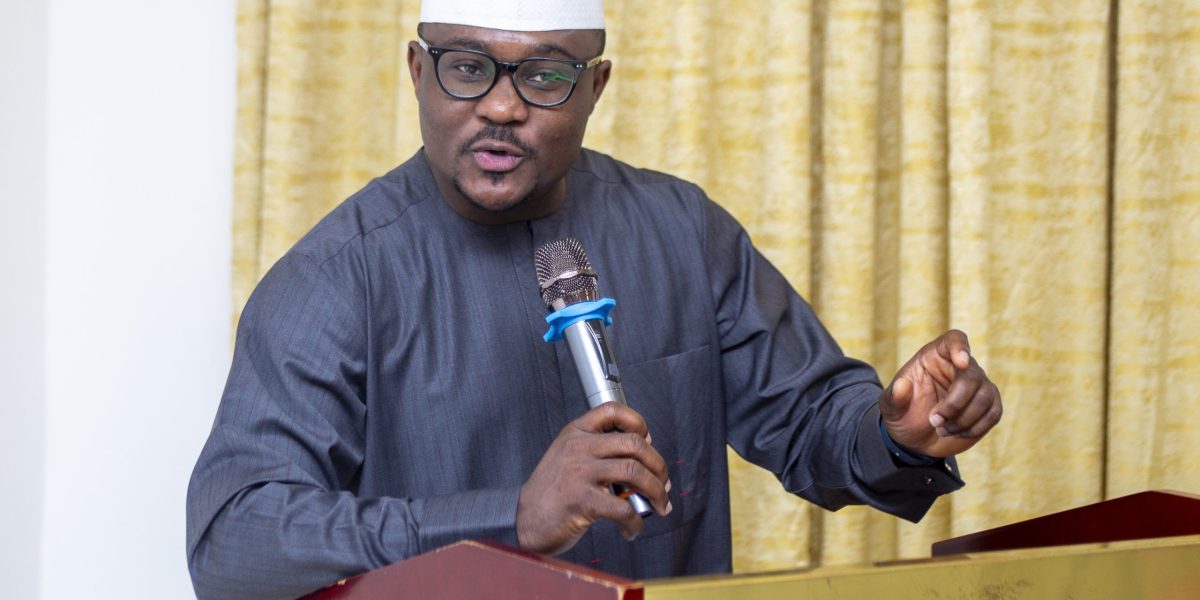




In a landmark event, Dr. Rabiu Olowo, Executive Secretary/Chief Executive Officer of the Financial Reporting Council (FRC) of Nigeria, delivered a keynote address at a practical workshop on implementing the International Sustainability Standards Board’s (ISSB) IFRS S1 and IFRS S2 by financial institutions in Nigeria. The workshop, organized by the FRC and Nigerian Integrated Reporting Committee (NIRC) on July 10-11, 2024, at The Palms Hotel, Abuja, marked a significant step towards sustainable finance in Nigeria.
Dr. Olowo emphasized that sustainability reporting is no longer a voluntary practice, but a mandatory requirement for banks and financial institutions due to the pressing threats of climate change. He stressed that Environmental, Social, and Governance (ESG) principles demand immediate action, and sustainability reporting is essential for compliance.
As a regulator, the FRC has been proactive in setting standards for ISSB’s sustainability reporting. Dr. Olowo highlighted the Adoption Readiness Working Group’s (ARWG) efforts in providing regulatory reliefs and phased implementation plans from 2023 to 2030.
Dr. Olowo emphasized the importance of sustainability reporting, highlighting its benefits, including improved stakeholder trust, cost savings, tax savings, enhanced reputation, identification and addressing of sustainability risks and opportunities, and access to capital.
He also acknowledged the Central Bank of Nigeria (CBN) and Nigerian Exchange Group (NGX) for introducing guidelines and frameworks to promote sustainability reporting. He concluded by emphasizing the urgent need for collective action on sustainable phenomena, highlighting the importance of collaboration and capacity building for stakeholders.
The financial sector plays a critical role in driving economic growth and development, and it is essential that stakeholders work together to integrate sustainability reporting into their operations. The FRC, NIRC, and other regulatory bodies have demonstrated their commitment to promoting sustainability reporting, and now it’s up to financial institutions to take the lead in implementing these standards. By doing so, they will contribute to a more sustainable future, enhance their reputation, manage risks, and capitalize on opportunities for growth and innovation. The time for action is now, and together, we can make Nigeria’s financial sectors a beacon of sustainability and transparency in Africa and beyond.
No Comment! Be the first one.